By Malorie Matos This week, we’re launching a new virtual exhibit on the Byrd CLS website entitled Senator Byrd and the Carter Administration, spanning the presidency of Jimmy Carter. I created this exhibit over the course of my last semester at Shepherd University in conjunction with my final capstone paper on the topic of archives and online public outreach.
By Sarah Brennan As public figures representing West Virginia on the national stage, Senator Robert C. Byrd and his wife Erma frequently performed symbolic acts. One such act was the christening of United States ships. Mrs. Byrd was familiar with the duties that came along with christening a United States Navy submarine by the time she was asked to sponsor the USS West Virginia in 1989. Twenty-three years prior to that launch, Erma was invited to christen her first nuclear submarine, the USS Sunfish. The ceremony took place in Quincy, Massachusetts on October 14, 1966 as part of a twin christening along with the USS Whale, sponsored by Senator Russell Long’s wife, Katherine.
By Sarah Brennan and Malorie Matos
As interns at the Robert C. Byrd Center for Legislative Studies, we’ve had the opportunity to work on many fascinating projects. One of our latest undertakings was the processing of the Press Files Collection from Senator Robert C. Byrd’s Congressional Papers. Byrd’s Press File Series was massive, containing over 50 years’ worth of material. We began processing in February of this year and we are just now coming to the end of the project. Processing is an archival term referring to the act of arranging, rehousing, and describing the papers within a collection. Archival collections must go through processing before becoming accessible for research. Note: This post was previously listed under our "News from the Grey Box" blog series By Christopher Taylor 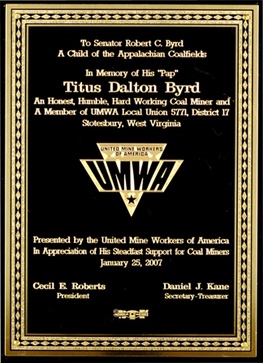 In January 2007, United Mine Workers Local Union #5771 recognized Senator Robert C. Byrd’s “steadfast support for coal miners,” with a plaque in the name of his father, Titus Dalton Byrd, himself a coal miner. From lobbying the President to earmarking federal dollars, Senator Byrd worked hard to improve the lives of West Virginia coal miners and their families throughout his political career. Senator Byrd’s family, like thousands of others in southern West Virginia, lived in a coal company town, Stotesbury. Byrd recalled that the coal company “touched the miners’ lives at every point,” and that its influence was “complete” and “ruthless.” In addition to the mine, the company owned virtually the entire town, from the miners’ houses to the church. Stotesbury’s only store was company run. Miners and their families purchased household goods there with company scrip—tokens which were only redeemable at that store. In those days, dissent was settled by mine guards who administered punishments ranging from evictions to “bloody scenes.” Note: This post was previously listed under our "News from the Grey Box" blog series By Sarah Brennan
Throughout his long career, Senator Robert C. Byrd was known for his vocal support of coal miners and their communities. The senator often argued on behalf of the coal industry in front of Congress, but he also frequently introduced and backed legislation that impacted mining families, such as the Black Lung Benefits Act, clean coal technology, and the Mine Safety and Health Administration. It was in this vein that Byrd came to the aid of the residents of Sundial, West Virginia, a small coal town whose lone elementary school sat perilously below a 2.8 million gallon slurry pond containing the toxic liquid byproduct of cleaning coal, and within a few hundred yards of the Goals Coal processing plant. Slurry contains heavy metals and carcinogens, and in the event of dam failure, it poses a serious flood threat. In addition to the fear of the slurry impoundment failing, the school’s proximity to the processing plant was also an issue. Several Marsh Fork children complained of respiratory problems, and tests taken at the school and the surrounding area showed that the coal dust was negatively impacting the students’ health. Headaches and severe coughing fits were common complaints among the children. Note: This post was previously listed under our "News from the Grey Box" blog series Part 4 of a 4-part series By Malorie Matos Our final installment of the Mountain Fiddler series will focus on Senator Byrd’s musical legacy. For Robert C. Byrd, music was always an important aspect of life. Although he used the fiddle as an unorthodox political tool, and his opponents used it as a subject of criticism, for Byrd, fiddling was first and foremost a personal passion. His devout appreciation for fiddling and bluegrass is evident in the amount of musical memorabilia we have in the Byrd collection here at the Byrd CLS. Amongst the countless objects obtained by the Byrd CLS following the senator’s passing in 2010 are two fiddles from his personal collection. We are also lucky enough to have Senator Byrd’s personal record collection. The albums in Byrd’s collection include his fiddling idol Clark Kessinger, Scottish folk fiddling, country gospel, and a variety of other folk, bluegrass, and Appalachian artists. Of course, we also have several copies of the senator’s very own Mountain Fiddler album on vinyl and 8-track! Being able to see Byrd’s record collection makes him appear more down to earth, just as playing the fiddle for voters did in the early years of Byrd’s career. All of Senator Byrd’s belongings that we have here at the archive, like his record collection, help to create a more personal image of him to ensure that he is remembered not just as some larger-than-life political figure, but as an actual human being who lead a life of his own. Byrd’s dedication to fiddle music was widely recognized. He was honored by several music associations for his support of fiddlers and other bluegrass musicians. The Appalachian Fiddlers Association of Huntington, West Virginia presented Byrd with an honorary lifetime membership in 1979 for his “contribution to Appalachian Music.” In 2008, Byrd was awarded the Perry F. Harris Award at the Grand Master Fiddler Championship. In an oral history interview, champion fiddler and friend of Byrd, Bobby Taylor talks about what a great honor it was for Senator Byrd to receive this award. The Perry F. Harris Award is presented to any individual who demonstrates significant support for fiddle music over the years, something Senator Byrd certainly did throughout his lifetime. Taylor says that it was important for Byrd to receive the honor because “that was who he was…He was a national politician. He was a national treasure. But he was a fiddler.”[1] 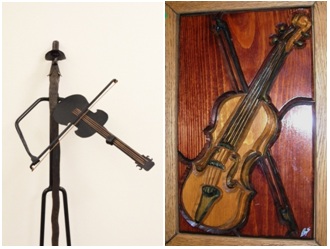 Because Byrd’s fiddling was so widely publicized, he received many gifts that commemorated his love for mountain music. The Byrd collection houses several handcrafted fiddle-themed gifts given to the senator that he kept in his home and offices. Byrd’s passion for mountain music really comes through in a 1964 “Byrd’s Eye View” article where he describes the importance of fiddle tunes in Appalachian culture by lovingly explaining that: “To a mountain music lover, a fiddling contest in his community is an event with more life than an Independence Day parade in any metropolis.”[2] Despite whatever issues faced Senator Byrd in his political life, his love for music and the fiddle always stayed constant. The fiddle was his way of personally connecting to the people of West Virginia and he maintained that connection for over 60 years. Robert C. Byrd left behind a long political legacy, but nearly as enduring is his musical legacy. Through gifts and awards, we can see that Byrd the Fiddler was almost as important to constituents as Byrd the Politician. Even after his passing in 2010, the fiddle continued to be recognized as a significant aspect of Senator Byrd’s life. Note: This post was previously listed under our "News from the Grey Box" blog series Part 3 of a 4-part series
By Malorie Matos When Senator Byrd played his fiddle on the Grand Ole Opry in 1979, country musician Ben Smathers told him he was glad to see that a fiddle player was helping to run the government. This was the sentiment of many voters in West Virginia who kept Byrd in office for so long. His fiddling created a country-boy persona to which voters could relate. But not everyone found that persona appealing. Robert Byrd’s fiddle helped to bring him political success, but it also brought him ridicule from opponents and the media. Byrd’s fiddling became an easy target for his opponents. In his early campaigns especially, established politicians mocked the backwoods image of Byrd as a fiddle playing butcher. The ridicule did not prevent Byrd from winning his elections, but it persisted throughout most of his career. Note: This post was previously listed under our "News from the Grey Box" blog series Part 2 of a 4 Part Series
By Malorie Matos Senator Robert C. Byrd’s political career was a long and substantial one, spanning over 60 years, but the late senator’s impressive career may have never begun at all had it not been for an unlikely political tool: his fiddle. When 29 year-old Robert Byrd first considered a run for the West Virginia House of Delegates in 1946, his chances at victory seemed highly unlikely. Byrd was not an established politician, nor did he have any money or political connections. He was simply a small-town butcher from a poor coal-mining family with no way of effectively gaining support. It was not until an acquaintance of Byrd’s suggested he play his fiddle at rallies that his luck began to change. Note: This post was previously listed under our "News from the Grey Box" blog series Part 1 of a 4-Part Series
By Malorie Matos Senator Robert Byrd was well-known for his political accomplishments and prowess as a fiddler, but many may be unaware of just what an integral role fiddling played in the senator’s life. |
Welcome to the Byrd Center Blog! We share content here including research from our archival collections, articles from our director, and information on upcoming events.
Categories
All
Archives
July 2023
|
Our Mission: |
The Byrd Center advances representative democracy by promoting a better understanding of the United States Congress and the Constitution through programs and research that engage citizens.
|
Copyright © Robert C. Byrd Center for Congressional History and Education
|

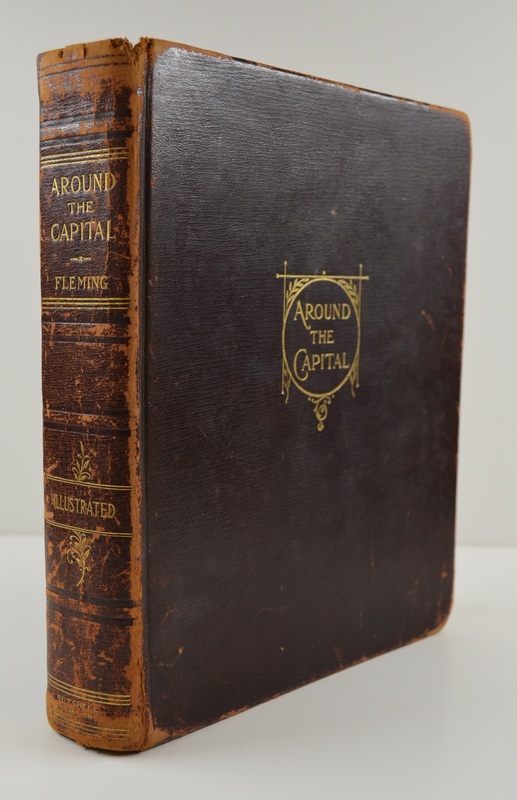
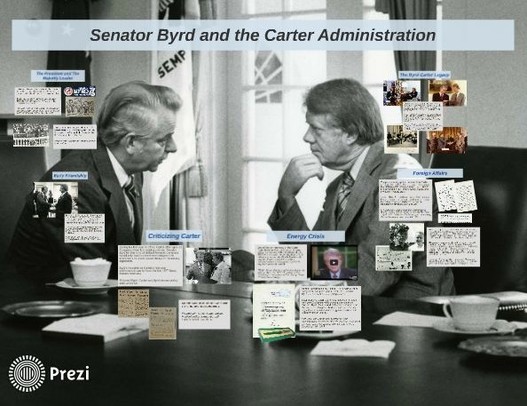
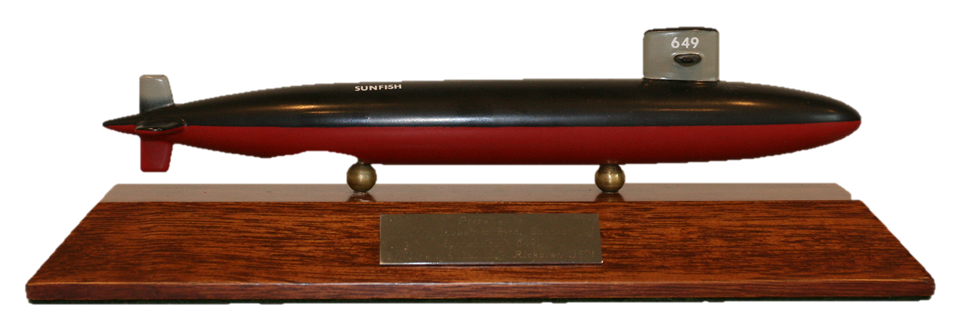
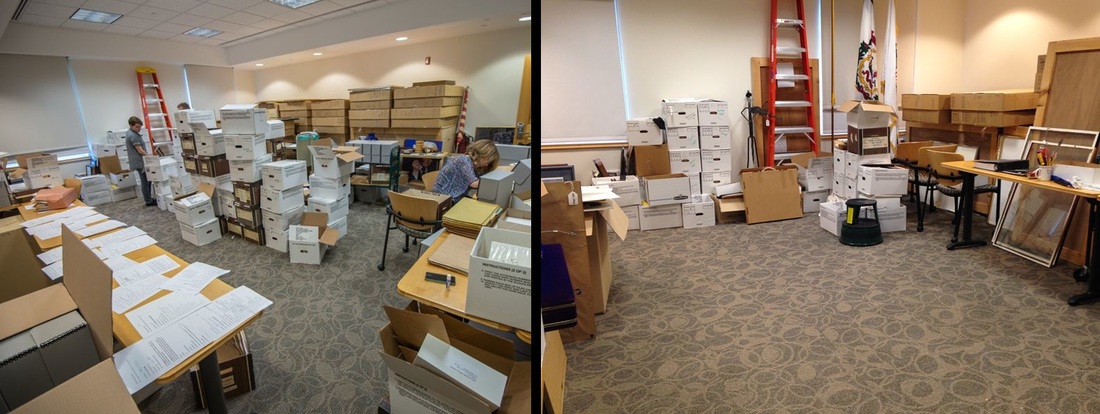
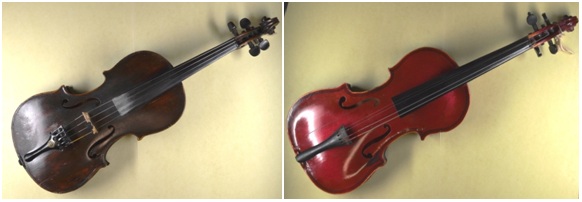
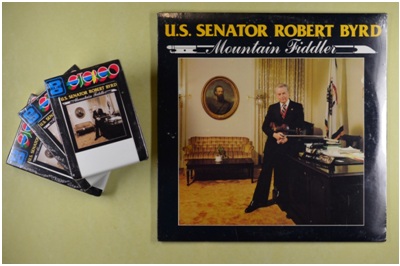
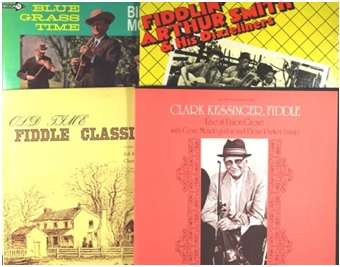
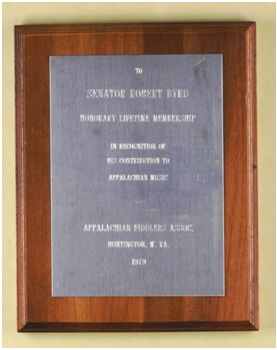
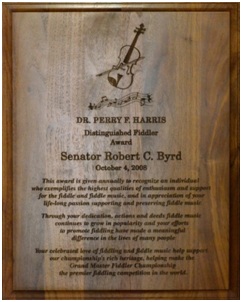
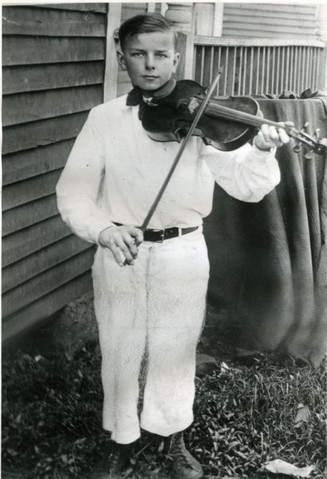
 RSS Feed
RSS Feed
